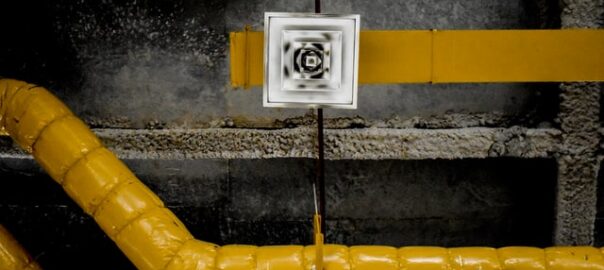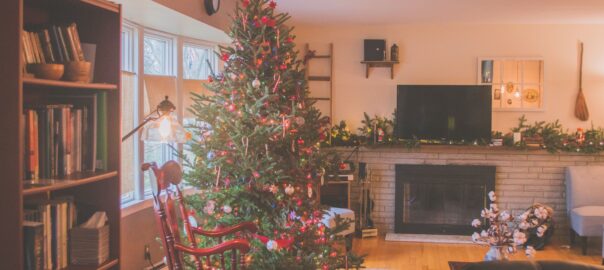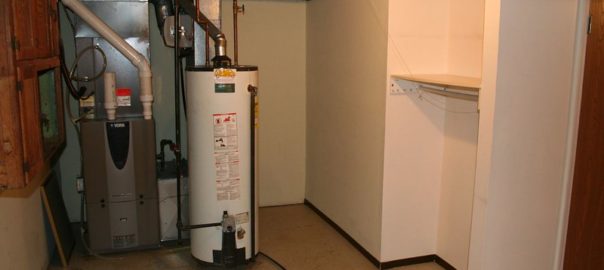Homeowners who have a malfunctioning HVAC system should research it and determine whether a professional HVAC repair or replacement offers better value. While the lifespan of any given part depends on its system’s type, daily usage, and maintenance, the industry has some general guidelines. For instance, compressors typically last between 10-15 years, furnaces 16-20 years, and window units 8-10 years (most models last 2-5 more years if maintained).
For all your HVAC questions, repairs, and installations, reach out to RA Dobson. We are the Ashburn, VA, region’s provider of heating, cooling, and plumbing services. A second-generation family business with over 45 years of industry experience, we have a deep connection to our community and customers. Our team offers a wide range of services that includes heat pump installation, duct cleaning, thermostat repair, and more. To learn more or get a free estimate, contact us today.
Below, we outline HVAC system types, parts, and their expected lifespans:
Air Conditioner Components
All home HVAC systems operate by exchanging interior and exterior air. The air conditioning function, in particular, is designed to pull warm air from inside and release it outside. It does so using the following parts:
- Evaporator – housed within the interior-facing portion of the unit, the evaporator cools indoor air using a copper tubing coil and aluminum fins.
- Condenser – also made of a copper tubing coil, the exterior-facing condenser releases the unit’s collected heat outside.
- Compressor – a pump that moves refrigerant fluid between the evaporator and condenser as well as their copper tubing.
- Refrigerant fluid – a liquid pumped into the evaporator, where it pulls heat from the interior air by evaporating, to the condenser, where it releases heat and reverts back to a liquid.
Heating Components
In addition to their cooling capacities, many HVAC systems include heating functionality. Heating applies the air transfer principle, outlined above, in reverse: warm air is pulled from outside and released inside. However, when outdoor air becomes colder than the indoors, the HVAC system warms incoming air using one of two devices:
- Furnace – using natural gas, oil, or electricity, furnaces heat the air from outside then release it into ductwork that distributes it throughout a structure.
- Boiler – instead of heating air, boilers heat water into steam that then warms the interior.
Heat pumps and geothermal heating systems are also used in homes, but they are far less common than furnaces and boilers.

The Lifespan of HVAC Systems & Parts
So, how long do all these systems (and their components) last? As mentioned above, the lifespan of each depends on its system’s daily usage and design. However, the following guidelines can give you a sense of their endurance:
- Central HVAC – the “traditional” form of heating and cooling, central HVAC systems combine heating, ventilation, and air conditioning (HVAC) functionalities. Each element of these systems has a different lifespan: furnaces tend to last 16-20 years while central air conditioners last 12-15. On the other hand, boilers last 10-15 years.
- Air conditioning window units – estimates for window unit lifespans vary widely. Some sources place it at an average of 10 years while others 8 years. However, all agree that you can extend your unit’s life with regular maintenance.
- Air conditioner parts – on top of unit lifespans, individual parts in air conditioners can fail. Compressors, for instance, last between 10-15 years. However, this means that you can replace a part without replacing the whole unit.
HVAC Repair and Maintenance Services Available in Ashburn, VA
While HVAC systems come in many types that contain myriad components, learning about them pays off. You’ll know when to call for HVAC repair services and when you need a full HVAC system replacement. No matter the situation, turn to RA Dobson for all your home services needs. We specialize in heating, air conditioning, and plumbing services but also offer support with generators, humidifiers, and more. We’ve served the Ashburn, VA, area for 45 years, and we look forward to continuing our relationship with this community. For more information or to schedule a service, call us today at (703) 481-3700 or fill out our online form.



